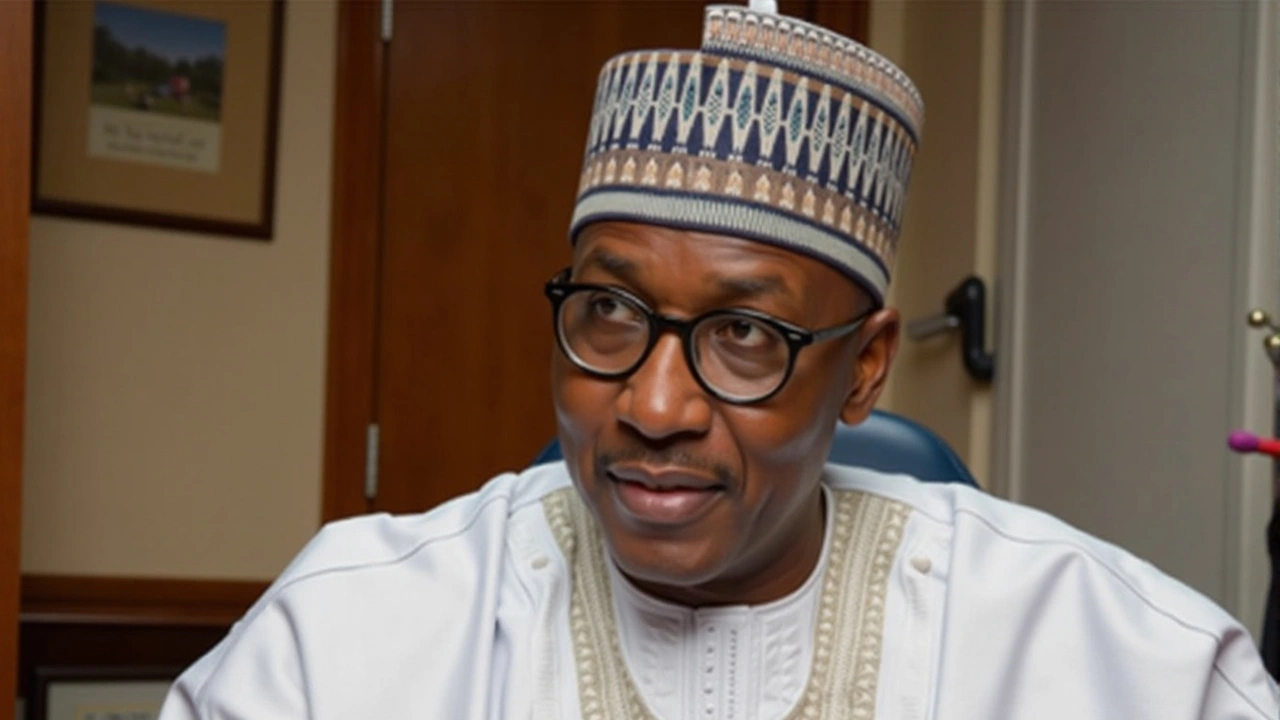Understanding Petrol Prices and How They Impact You
Petrol price changes hit many people’s wallets directly. Whether you're filling up your car, running a small business, or planning a trip, fuel costs shape your spending. In Africa, petrol prices often shift due to global oil prices, currency changes, and local taxes. Keeping track of these updates helps you plan better and avoid surprises at the pump.
When petrol prices go up, transport expenses rise, pushing up costs of goods and services across the board. For everyday drivers, this means budgeting a bit more for fuel each month. But it’s not just about cost—knowing the reasons behind price shifts can help you understand wider economic effects like inflation.
Why Do Petrol Prices Fluctuate So Much?
There are a few main drivers behind petrol price changes. Global crude oil prices play the biggest role since they affect how much it costs to produce petrol. When oil prices rise, expect petrol prices to follow suit. Currency strength also matters — if a local currency weakens against the dollar, imported fuel gets more expensive.
Locally, government taxes and levies add to the final price you pay. Sometimes, state policies or supply disruptions cause sudden changes. For example, if supply trucks face delays or refineries have issues, prices can spike unexpectedly.
How to Deal with Rising Petrol Prices
Rising fuel costs can be tough, but there are ways to ease the impact. Try carpooling or using public transport to save fuel. Planning trips efficiently avoids unnecessary driving. If possible, consider fuel-efficient cars or technologies like hybrid or electric vehicles to cut down fuel use long-term.
At home, staying informed with the latest petrol price updates from reliable news sources — like Tharagay African News — keeps you ahead. That way, you can adjust budgets or travel plans without last-minute stress. It’s smart to watch for trends so you catch price drops or prepare for rises in advance.
In the bigger picture, petrol prices also drive conversations on cleaner energy and sustainability across Africa. Fuel costs push governments and businesses to explore alternatives that reduce dependence on petrol. Staying aware of these topics helps you understand how fuel changes connect to wider social and economic issues.
Next time you fill up, you'll know exactly why prices have changed and what you can do about it. Being informed always pays off, especially as fuel remains a key part of everyday life across the continent.

NNPC Unveils Updated Petrol Price Breakdown for Dangote Refinery
The Nigeria National Petroleum Company (NNPC) announced a new estimate for petrol pricing from the Dangote Refinery. Payments will transition from USD to naira in October 2024. Revised fees include an increased distribution fee and added Midstream and Gas Infrastructure Fund fee. Price variations will depend on location, ranging from ₦950 in Lagos to ₦1,019 in Borno State.
Categories
- Sports (146)
- Politics (22)
- Entertainment (20)
- World (15)
- News (10)
- Lifestyle (8)
- Business (6)
- Technology (3)
- Health (3)
- Environment (2)



